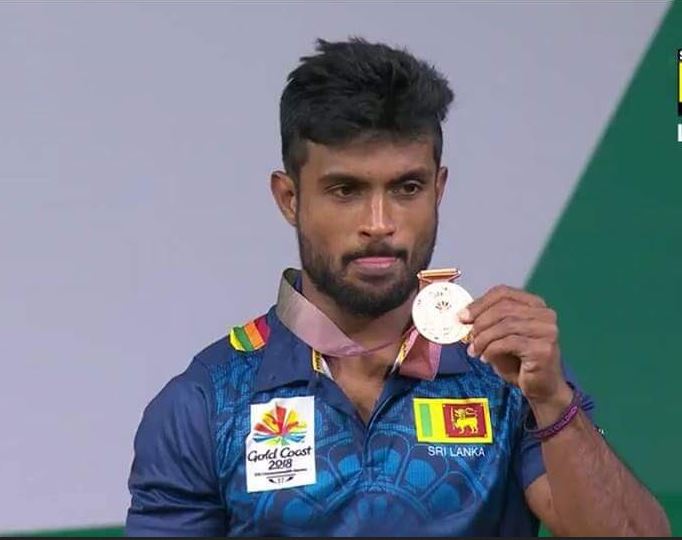News
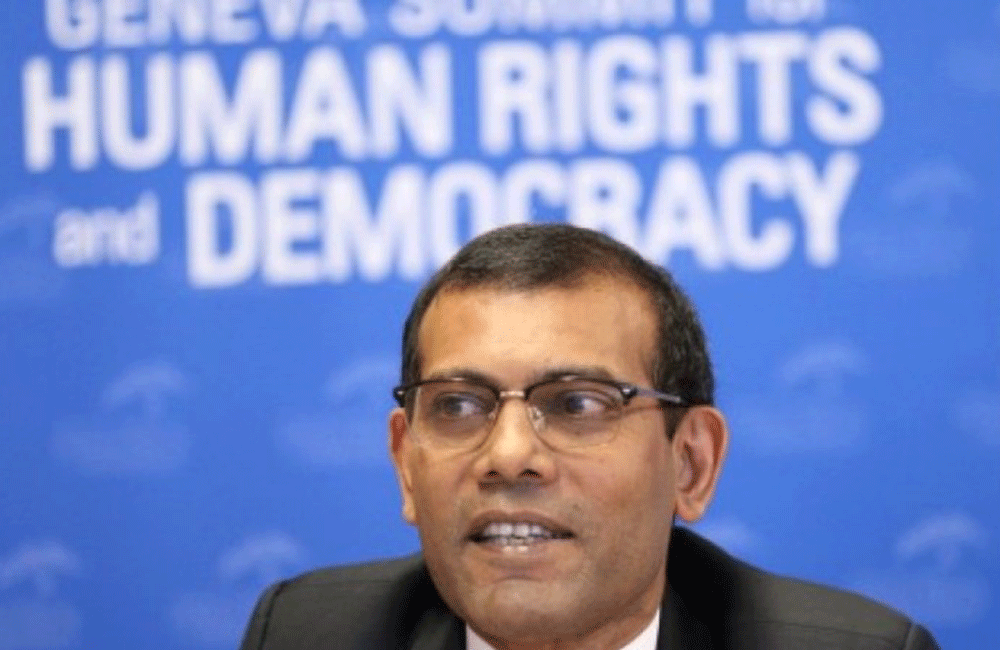
Maldivian Opposition Hails Lankan PM As A True Leader
The Maldivian Democratic Party (MDP) congratulates Sri Lankan Prime Minister Ranil Wickremesinghe for overwhelmingly defeating a parliamentary no-confidence motion against him, held yesterday evening. The Prime Minister defeated the motion by 122 to 76 votes.
Prime Minister Wickremesinghe has been a longstanding friend of the Maldives, and Sri Lanka remains one of our closest allies.
The manner in which the Prime Minister defeated the no-confidence motion is a great example of how democratic leaders respond to challenges from their political opposition.
President Yameen,who ordered the military to illegally storm the People’s Majlis in order to quash a no-confidence motion against the Speaker has much to learn from true leaders like Prime Minister Wickremesinghe.
Source : Newsinasia
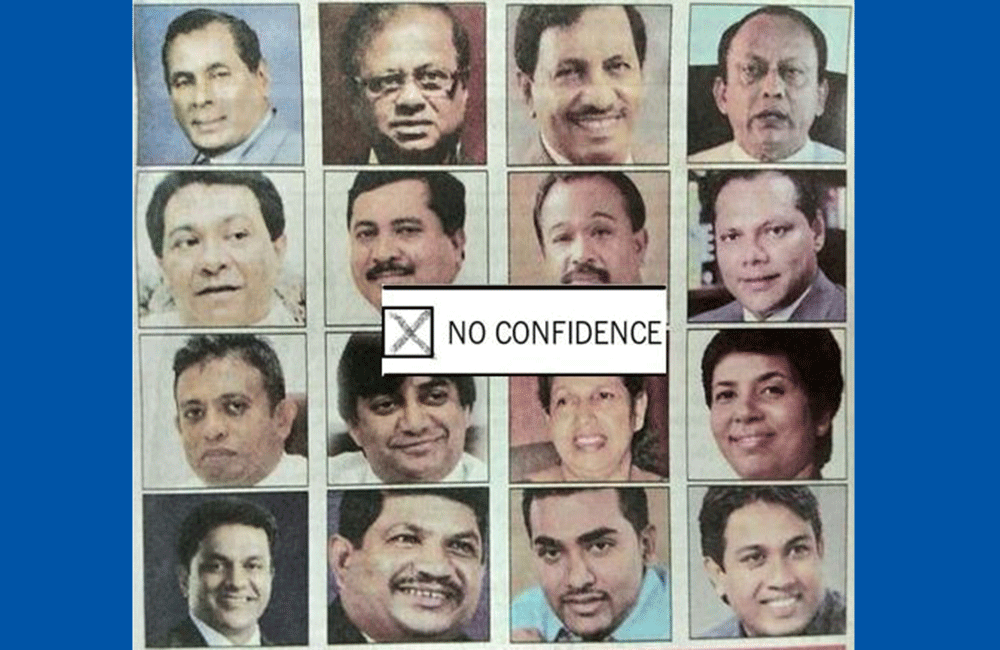
UNP to bring a no-confidence motion against SLFP
The United National Party will hand over a no-confidence motion against the SLFP Ministers and other MPs who voted for the NCM against Prime Minister Ranil Wickremesinghe, UNP MP Mujibur Rahuman said today.
Many SLFP heavyweights including W.D.J. Seneviratne, S.B. Dissanayake, Susil Premajayantha, Chandima Weerakkody and Dayasiri Jayasekara voted in favour of the NCM.
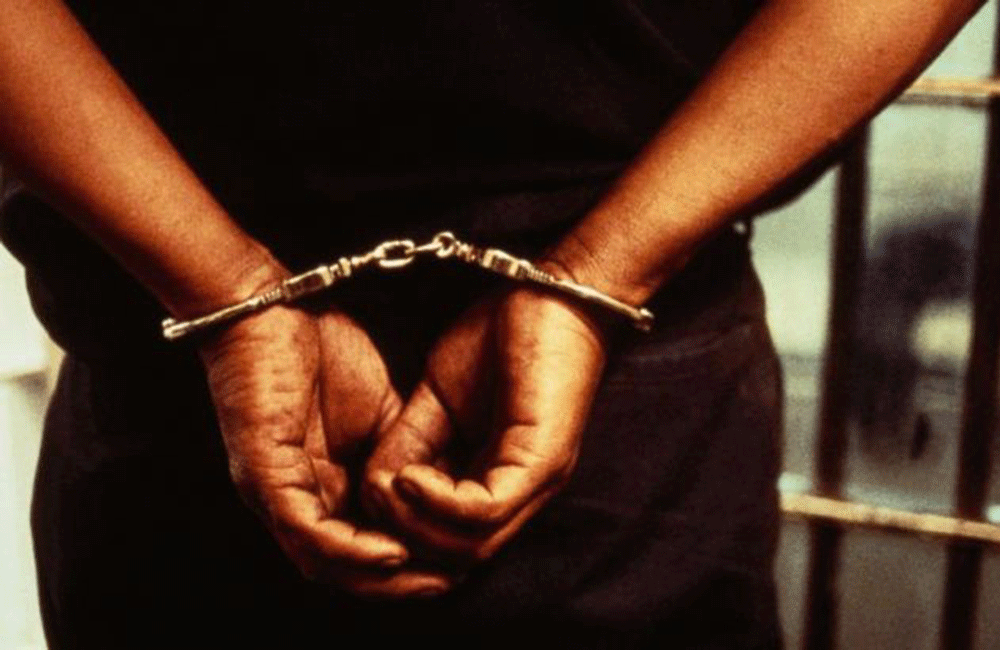
Former SATHOSA chairman remanded
Former Chairman of Sathosa, K.Nalin Ruwanjeeva Fernando who was arrested today by the FCID at the Bandaranaike International Airport (BIA) has been remanded by the Fort Magistrate’s Court till April 9.
He was arrested while attempting to flee the country Police said.
The charges levelled against him are of misappropriating government funds amounting to Rs.39 million in 2014 to buy Carrom and Checker-boards.
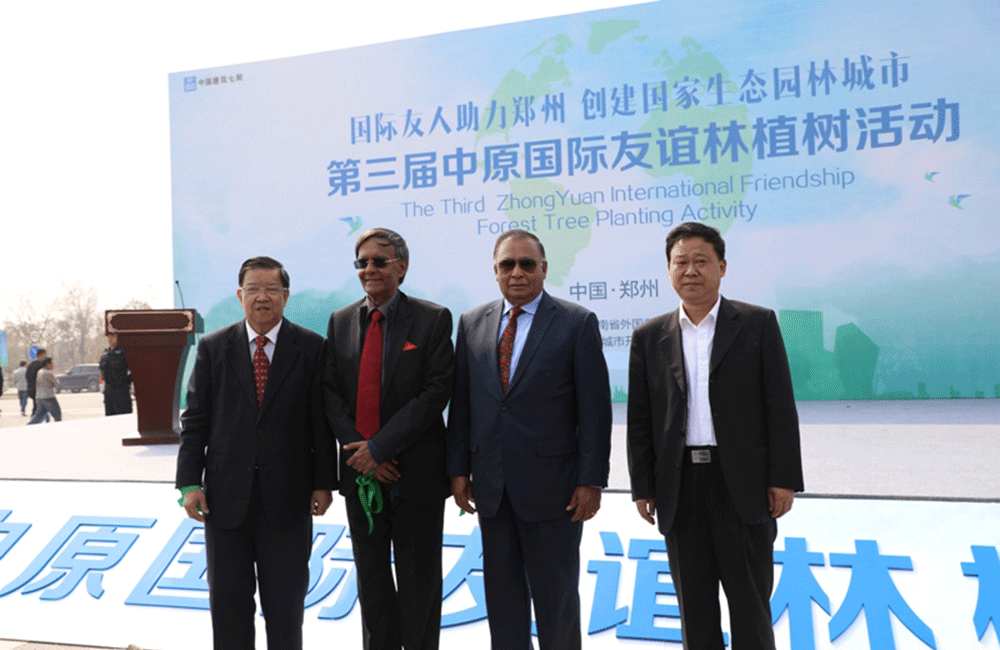
Lankan Nobel laureate honoured at Chinese national event
Professor Mohan Munasinghe, who shared the 2007 Nobel Prize for Peace was honoured in China as the Chief Guest at the International Tree Planting Ceremony held at Zhengzhon city in Henan Province of China.
The International Tree Planting Ceremony at Central Plain International Friendship Grove was held in Zhengzhou Economic and Technological Development Zone on 30 March 2018. This ceremony was themed “Work Shoulder-to-Shoulder to build free trade road, develop hand-in-hand international rapport.”
This initiative seeks to protect environment by to propagating the concept of innovation, coordinating green development and promoting people’s environmental awareness for an ecological civilization.
Other distinguished invitees included Mr. Yong Tu, Former Vice Minister of Commerce and WTO Chief Negotiator of China and Sri Lanka’s Ambassador to China Dr. Karunasena Kodituwakku.
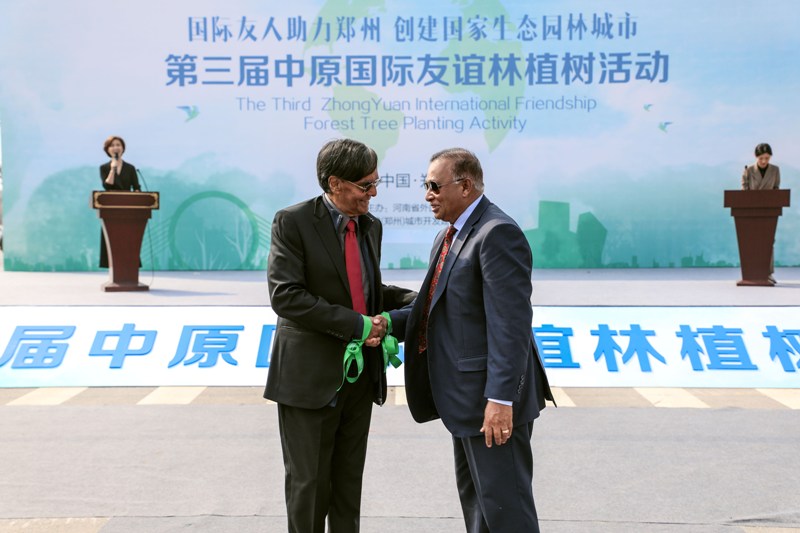
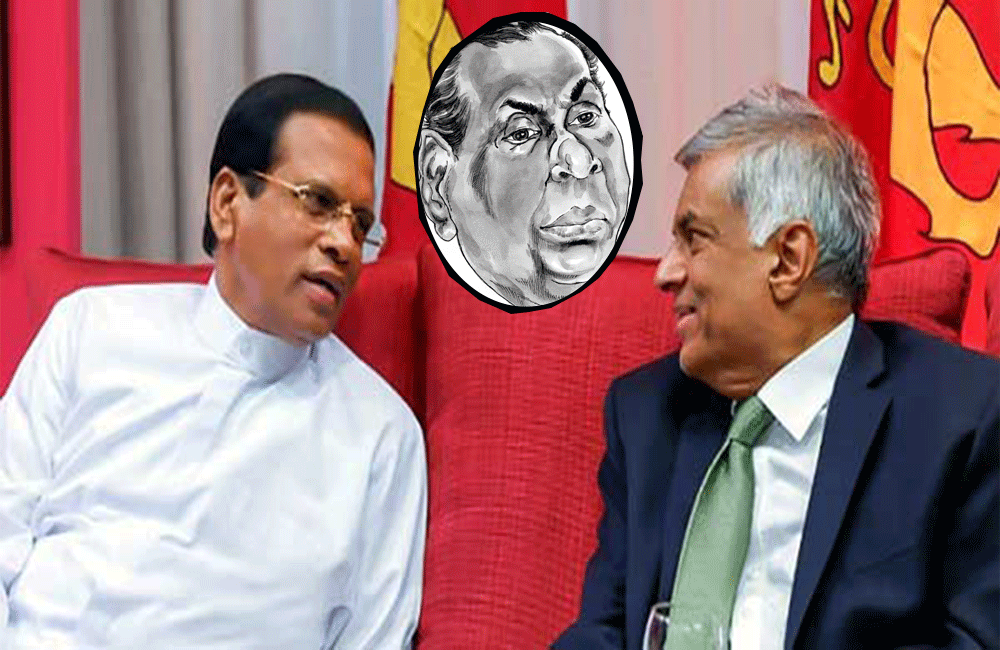
Removal of SLFP MP’s who supported NCM : President refuses the PM !
A meeting between President Maithripala Sirisena and Prime Minister Ranil Wickremesinghe was held yesterday (05) after the no-confidence motion, 'Ada' the Sinhalese daily newspaper reports.
Senior Ministers of the UNP had also joined the occasion. The meeting had taken place at the President’s official residence in Mahagama Sekara Mawatha, Colombo 7.
The unofficial sources say that the Prime Minister has expressed his ideas about the continuation of the national government during the meeting that had lasted for an hour. He is said to have also requested that SLFP MP’s and Ministers who voted in favour of the no confidence motion should resign from the government.
However sources say the President had not been favourable to this suggestion.
SLFP ministers Susil Premajayantha, Dayasiri Jayasekara, Chandima Weerakkody Thilanga Sumathipala, Dilan Perera, Susantha Punchinilame, B. Ekanayake, Anuradha Jayaratne, Tharanath Basnayake, Lakshman Wasantha, Anura Priyadarshana Yapa, John Seneviratne, Nimal Lansa, S.S. B. Dissanayake, Lakshman Yapa Abeywardena and Sudarshani Fernandopulle, Sumeda G. Jayasena had voted in support of the no-confidence motion on Tuesday (04).
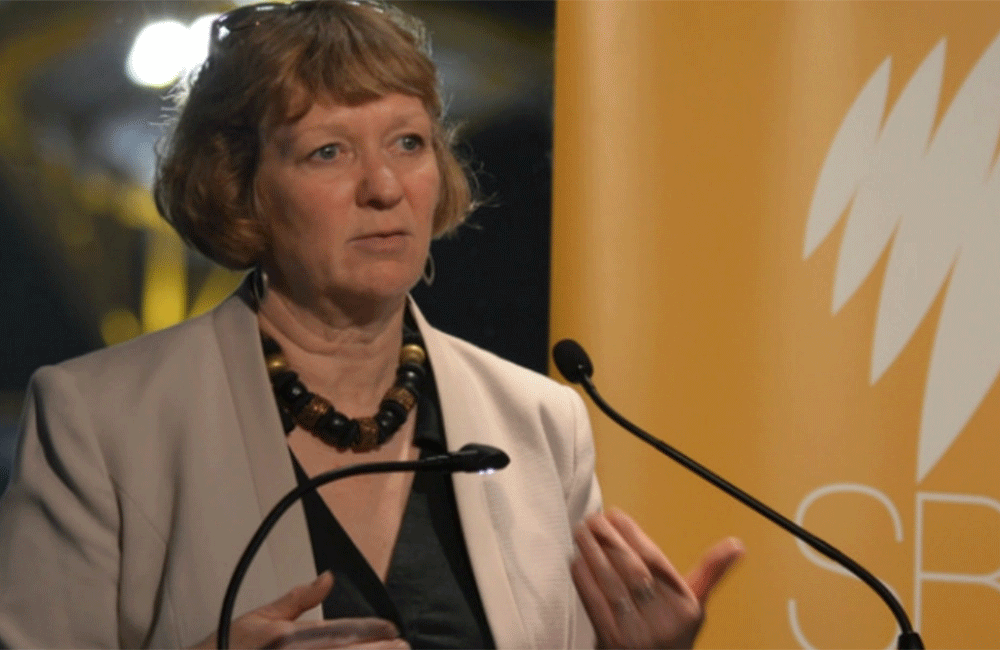
Public Media Alliance condemns mob attack on News 1st Head Office
The world’s largest body of Public Media Broadcasters has condemned the mob attack on the News 1st Head Office.
Sally-Ann Wilson, CEO of the Public Media Alliance issued this statement in response to the mobbing of the News 1st head office last night.
She noted that the “PMA is alarmed to discover that the headquarters of one of our long serving and internationally respected members, MTV in Sri Lanka, came under attack by a mob a few hours ago..”
The statement further noted that the incident was “wholly unacceptable” and that the Public Media Alliance would be monitoring the developments closely.
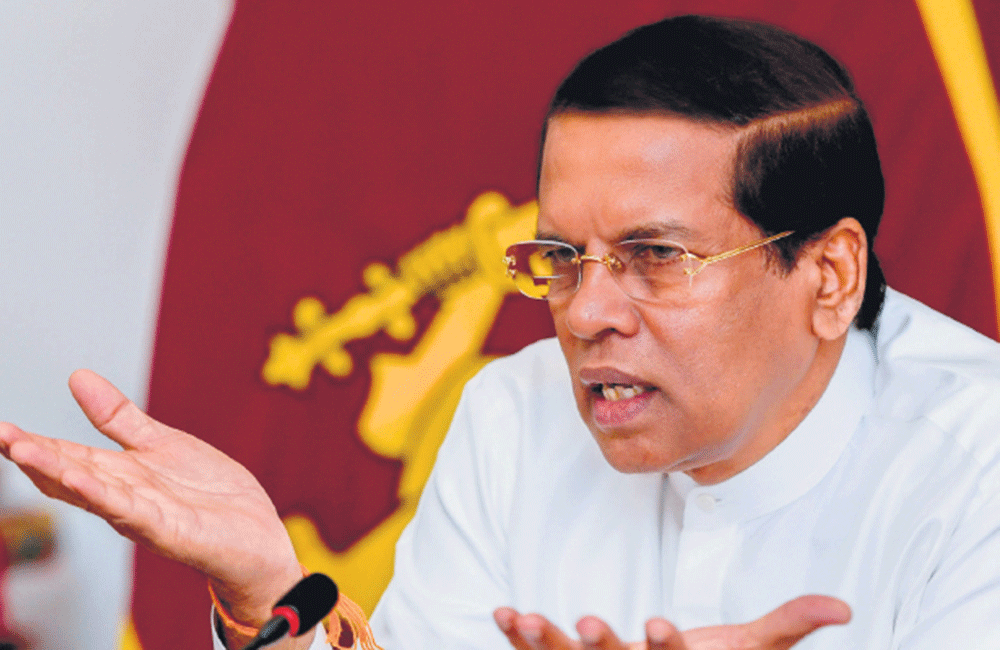
President extends open invite for MPs to join Government
President Maithripala Sirisena today extended an open invitation to any member of Parliament to join the Government.
Speaking to media heads at a breakfast meeting today, the President said that he wants to strengthen the Government and is prepared to work with anyone in Parliament.
Source : Colombo Gazette
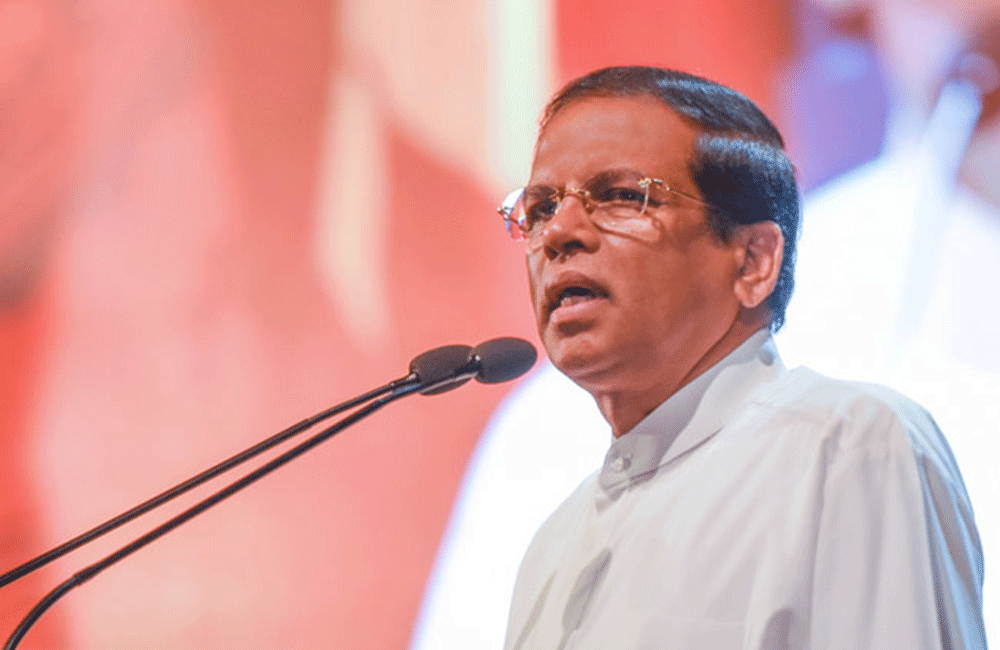
Govt aims to increase forest density from 28% to 32% - President
President Maithripala Sirisena says it is necessary to increase the importation of timber to meet the country’s needs in order to achieve the success of the process of increasing forest density of the country while protecting the forest resources.
He made these remarks while addressing the 50th Anniversary of the State Timber Corporation held at the BMICH on Thursday (04).
President Sirisena further emphasized the importance of increasing the forest density of the country to face the challenges with regard to weather and climate changes.
He added that the objective of the government is to increase the forest density from the current 28 percent to 32 percent and he stressed the importance of the contribution of the State Timber Corporation in this regard.
President Sirisena explained the importance of investing more for the purpose of increasing the forest density as well as the funds given by the State Timber Corporation to the Treasury and said that in this regard the relevant authorities must cooperate closely with the Department of Forest Conservation.
The President pointed out the importance of enhancing the standards and qualities of the State Timber Corporation to face the competition in the field of furniture manufacturing.
President Sirisena presented Gold Awards for appreciating the service of the retired officials who completed the thirty years of service in State Timber Cooperation. He also presented scholarships for the children of officers who were selected to the universities.
The book “Ada Siya Wasaka Piya Satahan” was offered to President Sirisena and the commemorative stamp which was issued on behalf of completing 50 years for State Timber Cooperation was offered to President by R.M.D.B Meegasmulla, Secretary to the Ministry of posts, Postal Services and Muslim religious Affairs.
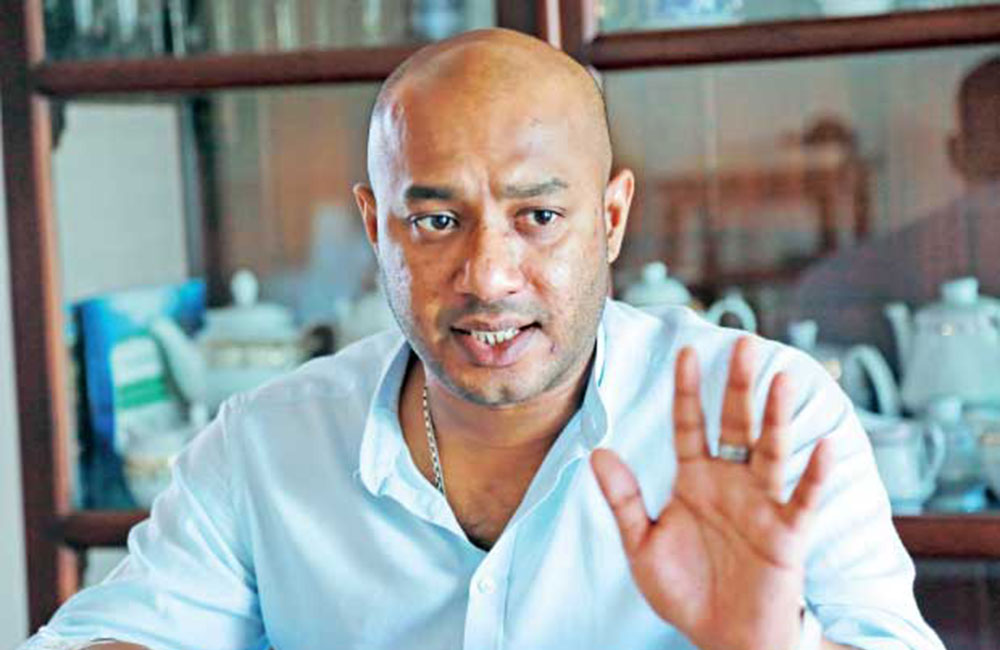
Fertiliser subsidies for farmers from midnight today
The government fertiliser subsidies for the Yala cultivation seasons will be available from midnight today (5). According to Minister of Agriculture Duminda Dissanayake fertiliser for paddy will be provided at Rs 500 per 50kg while fertiliser for other crops will be provided at Rs 1,500.
Cabinet approval was granted recently to revert to the previous fertiliser subsidy scheme as farmers countrywide had objected to the proposed programme to provide an allowance to purchase fertiliser.
Government had previously planned to deposit cash for full market value of fertiliser to the bank accounts of farmers, starting from the next cultivation season.
Under the government subsidies farmers will be provided with Urea, Triple superphosphate (TSP) and Muriate of Potash (MOP) at Rs 500 per 50kg.
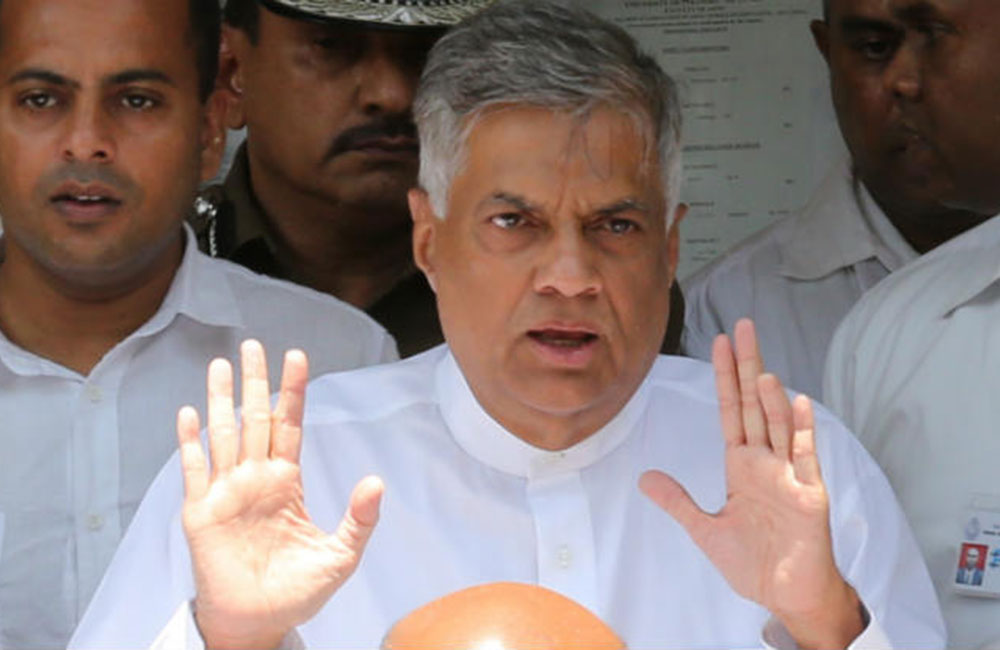
PM says Thank You
Prime Minister Ranil Wickremesinghe having defeated the No Confidence Motion brought against him by the Joint Opposition led group, thanked all those who stood by him with unwavering faith and support and vowed that during the next year the government will carry its development endeavours that would be felt by the country.
Addressing the UNP and other parties that supported him during the NCM, at the Committee Room in Parliament, the Prime Minister said, “We need to empower our ministers and MPs by providing them the power and assistance in order to carry out their duties.
“We did not face this NCM to protect an individual but to protect the government and the people’s right,”the Premier said.
He said that he intends to create a complete change within the party and will bring out new groups and that they must strengthen the UNF even further. “We must win the cooperation of the majority of the people and move forward. I have faith that within the next year, we will be able to accomplish the targets we have set out to achieve. There are drawbacks and shortcomings but this government has a responsibility to fulfil the promises made to the people in January 2015,” the Prime Minister said.
The Prime Minister noted that some factions have distanced themselves from the party,but he said they intend to forge forward with those groups that are with the party.
“I will be meeting the President today (05) and we will protect the victory of the party and proceed while protecting the core values of the party,” Prime Minister Wickremesinghe said.
Source : Daily News
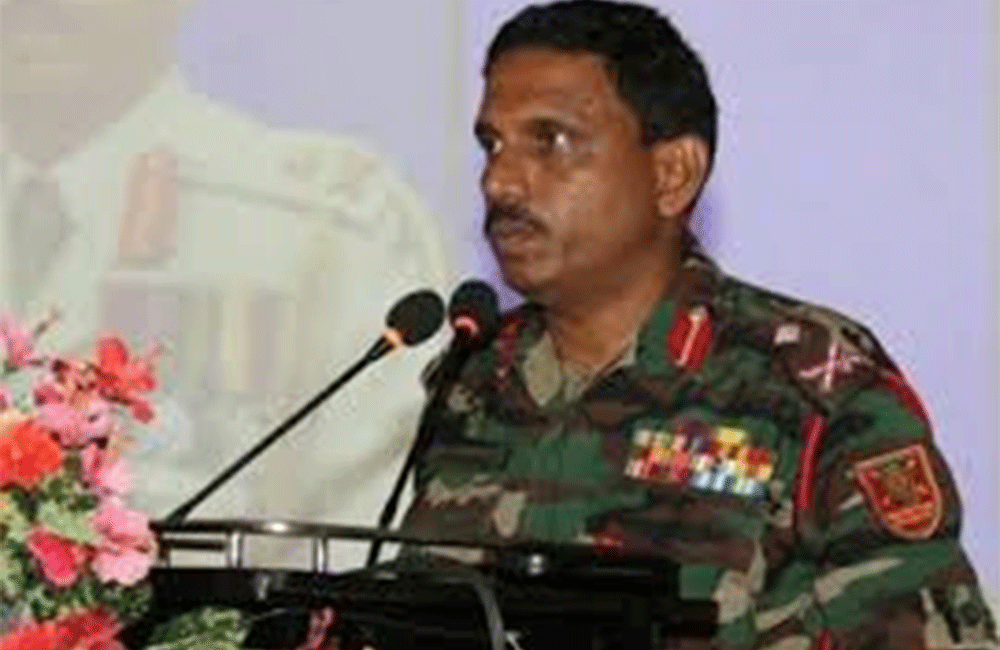
Former Army Intel Chief arrested
Former Army Intel Chief Ret. Maj.Gen Amal Karunasekara was arrested today by the CID. He has been arrested in connection to the abduction & assault of journalist Keith Noyar during the previous regime.
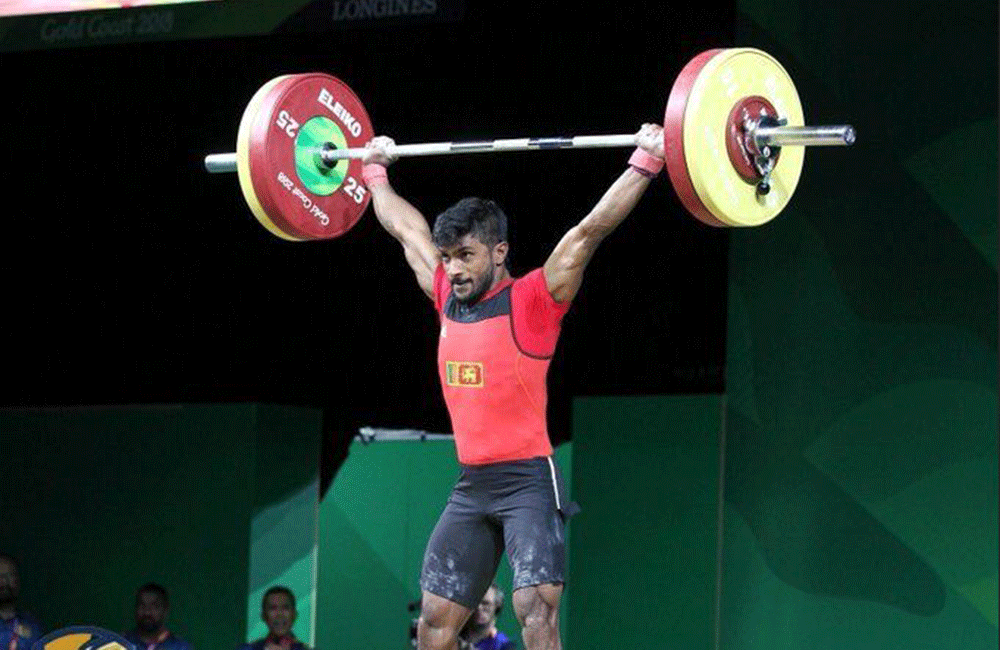
Lankan weightlifter wins bronze at the Commonwealth Games
Sri Lankan weightlifter Chathuranga Lakmal won the Bronze medal in the Men's 56kg category event at the the 21st Commonwealth Games in Gold Coast, Australia.
Page 464 of 526
